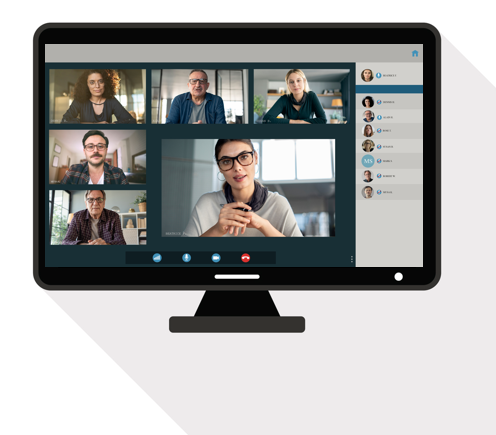Are You Really Listening to Your Stakeholders?
- David Brake

- Sep 20, 2023
- 2 min read
Updated: Jan 5

For the last several years, my company has engaged thousands of parents, teachers, administrators, students, and community partners in interviews, focus groups, and other feedback activities. Among the questions I have asked them is this:
“Does your school district (or organization)
listen to you?”
On the surface, that might sound like a dumb question. Afterall, if they are participating in a focus group or one-on-one interview, doesn’t the activity itself constitute clear proof that somebody is listening? Close to 50% of the people we have encountered respond with some version of NO, they do not listen to me.
However, as they say, the devil is in the details. Many of the people responding in the negative were participating in their first feedback event. For them, the event itself was not irrefutable proof that somebody was listening to them. Others that responded in the negative had participated in other voice-of-the-customer/stakeholder events such as surveys, polls, and town hall meetings. This group was a bit more perplexing because they had obviously taken the time to share their thoughts and sentiments in the recent past. Still, they didn’t think they were being heard.
In purposeful follow up conversations with a sample population of those that had responded both NO and YES, here’s what emerged.
People were much more likely to say YES, they are listening to me, if somebody had taken the time to share and explain the results of these surveys, focus groups, and interviews. It was more than just sharing the results, however. Because the results of these activities are often in the public domain, anyone can find (or request) a copy of the results without too much inconvenience. What really seemed to make a difference was the degree to which people believed the school district or organization was using the information they gathered–the things they had heard–to institute or seriously consider some kind of new program, policy, or meaningful change.
In the case of one school district in particular, the superintendent had made it a point to effectively communicate how the act and discipline of LISTENING was influencing how the district was RESPONDING and THINKING ABOUT THE FUTURE. (This superintendent publishes a quarterly Roadmap Report for stakeholders that puts the collected data, insights, and stakeholder sentiments into meaningful perspective. With the support of her board of education, she is building this into the operating culture of the district. As such, they have moved beyond mere listening to actively engaging stakeholders.)
To really listen to your stakeholders requires that you engage them. Engagement is a dynamic process that cannot be a transactional, one-and-done activity. For engagement to be successful, it needs to become part of the culture of the school community. As you establish a culture of engagement (LISTENING, RESPONDING, THINKING ABOUT THE FUTURE, as did our superintendent referenced earlier), you can begin to see how the collective wisdom of an engaged community can help address challenges, articulate common aspirations, and ultimately elevate the efficacy of programs and practices within the district.
ABOUT THE AUTHOR
David Brake is the founder and CEO of The Grandview Group, a consulting firm that helps organizations engage their stakeholders and elevate impact. We would love to talk with you about how your organization is engaging stakeholders and elevating impact.






Comments